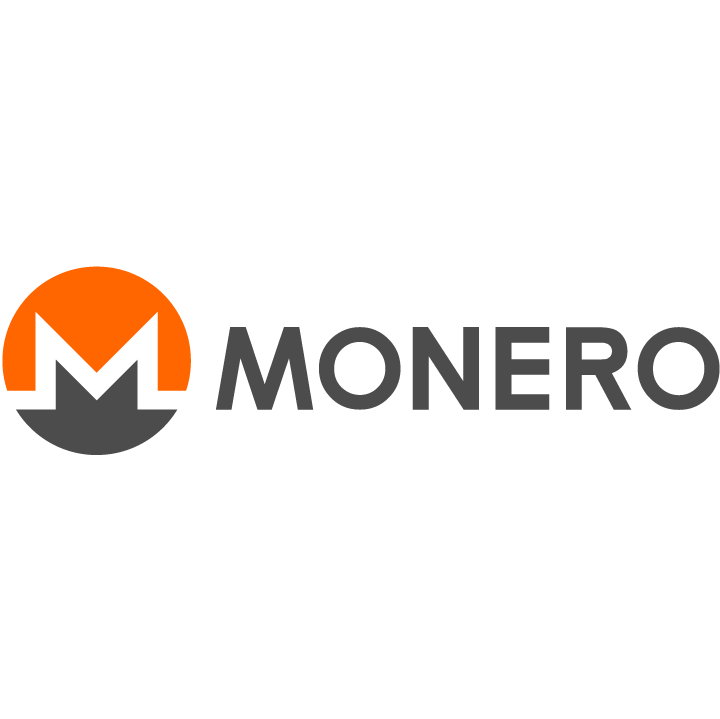Monero’s governance model and decision-making process
Monero is a decentralized cryptocurrency that values privacy and security. Its governance model and decision-making process are designed to ensure that the community has a voice in the project’s development, and that changes to the protocol are carefully considered and implemented.
Monero’s governance model is based on a consensus-driven approach, where community members can contribute to the project and participate in decision-making processes. Monero is an open-source project, which means that the source code is freely available to anyone who wants to view it, modify it, or contribute to it.
The Monero project is overseen by the Monero Core Team, a group of developers who are responsible for the ongoing development and maintenance of the protocol. The Core Team is not a centralized authority, but rather a group of individuals who have earned the trust of the Monero community and have demonstrated their ability to contribute to the project.
Monero’s decision-making process is also decentralized, with decisions being made through community consensus. Community members can propose changes to the protocol, which are then discussed and debated by the community before any action is taken.
One of the primary channels for proposing and discussing changes to Monero is the Monero Research Lab (MRL). MRL is a group of researchers who are focused on exploring the technical aspects of Monero, such as the cryptographic algorithms and privacy-enhancing features. MRL works closely with the Monero community to propose and evaluate changes to the protocol, and their research often informs the community’s decision-making process.
Discussions and proposals often take place on Monero’s mailing lists, forums, and social media channels. Community members can express their opinions and ideas. Monero does not rely on a centralized governance structure or decision-making authority. Instead, consensus is reached organically through discussions, with proposals gaining support from the community.
Another important channel for community discussion and decision-making is the Monero Community Workgroup (MCW). MCW is a group of community members who are focused on organizing community initiatives and advocating for Monero in the broader cryptocurrency space. MCW is also responsible for organizing community meetings and discussions, which provide a forum for community members to discuss and debate proposed changes to the protocol.
Once a proposal has been made and discussed by the community, it is typically subjected to a rigorous peer review process. This process involves other members of the Monero community reviewing the proposal and providing feedback, which is then used to refine the proposal and ensure that it meets the technical and privacy standards of the Monero protocol.
If a proposal is approved by the community, it is then implemented by the Monero Core Team. This process typically involves updating the Monero source code and releasing a new version of the Monero software. The new version is then distributed to users, who can choose to upgrade their software to the latest version.
Monero’s decision-making process is designed to ensure that the community has a voice in the project’s development, and that changes to the protocol are carefully considered and implemented. This approach has helped to establish Monero as one of the most secure and private cryptocurrencies available, and has contributed to its growing popularity among privacy-conscious users.
Overall, Monero’s governance model and decision-making process reflect the project’s commitment to decentralization and community-driven development.
